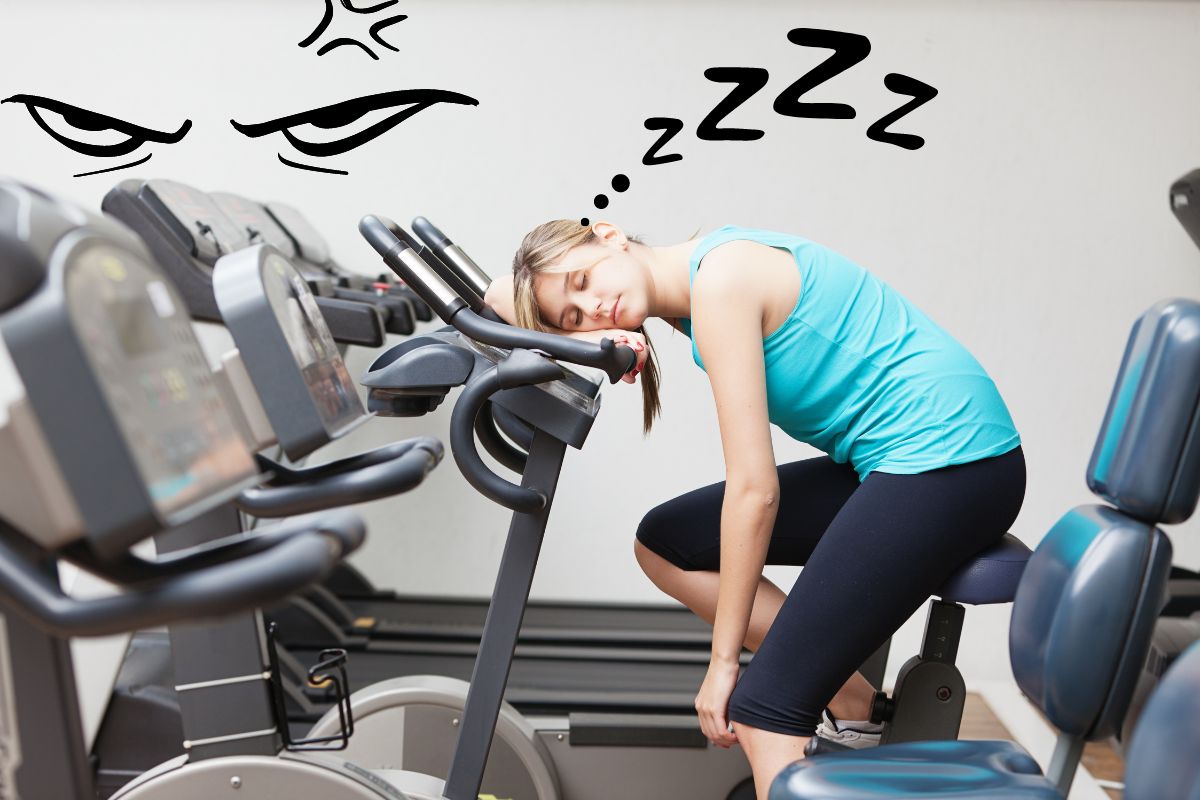A sleepless night or a short, restless sleep can make us worry about our energy levels for the day ahead. It’s a common fear, especially with the daily challenges we face. While sleep is crucial for recovery, it’s not the only way to recharge. Let’s explore how to stay energized even after a poor night’s sleep.
Don’t Rely Solely on Sleep for Recovery
Sleep is essential for physical and mental recovery, but it’s a myth that our bodies only recharge during the night. Our bodies generate energy throughout the day too. It’s important to maintain your energy levels during the day, especially when you’ve had insufficient sleep. Since the energy produced at night might be lacking, you need to adopt strategies to prevent daytime fatigue.
Effective Ways to Stay Energized and Manage Your Day
Take a Power Nap

A nap is the most potent recovery method after sleep. Its benefits are well-documented, used by elite athletes, the military, and even NASA as a Technique of Optimization. In 2019, Dr. Brice Faraut highlighted the importance of napping in his book “Saved by the Nap!”
Allow yourself to take short naps in the early afternoon when you start to feel drowsy. Naps don’t need to be long to be effective. A quick five-minute nap or a fifteen-minute power nap can refresh you and enhance your concentration.
Schedule Regular Breaks

Taking short, intentional breaks during a busy day can give you a quick energy boost. Closing your eyes for just a minute can shift your brain into relaxation mode by changing the frequency of its waves. Use these brief moments to stretch, walk to the coffee machine, practice deep breathing, or do a short relaxation exercise. These breaks help reduce tension and accumulated fatigue. Vary your breaks to keep them enjoyable and beneficial in the long run.
Breathe to Replenish Energy

Breathing is life-sustaining, yet stress and fast-paced environments can deplete our energy reserves. Like a bank account in deficit, when energy expenditure exceeds intake, we feel drained. Conscious breathing for one to five minutes can balance your energy levels. Practicing this several times a day provides bursts of energy that keep you going until evening.
Soak Up Some Light

Light exposure significantly impacts our daytime energy levels. A gray sky can dampen motivation, but there’s a physiological reason for this. Light intensity signals our biological clock when to wake up or sleep. To combat sleep deprivation, expose yourself to light as soon as you wake up and regularly throughout the morning and early afternoon. This reduces the urge to nap and helps you stay alert.
Avoid Sugary Foods

When tired, we often crave sugary foods for a quick energy boost. While they provide a temporary lift, they cause a subsequent blood sugar crash, making you feel even more sluggish. To avoid energy dips, opt for protein-rich breakfasts and lunches with eggs, ham, quinoa, nuts, and almonds. Stimulating beverages like tea, coffee, and chocolate can be consumed in moderation but avoid them after 3 PM to protect your sleep. Choose the right fuel in the morning to sustain your energy throughout the day.
Conclusion
Recovery isn’t solely dependent on sleep. By incorporating these strategies, you can navigate your day with more vigor and effectiveness. Regularly replenishing your energy reduces the mental pressure on getting perfect sleep, allowing you to face the night ahead with less anxiety and more calm.

